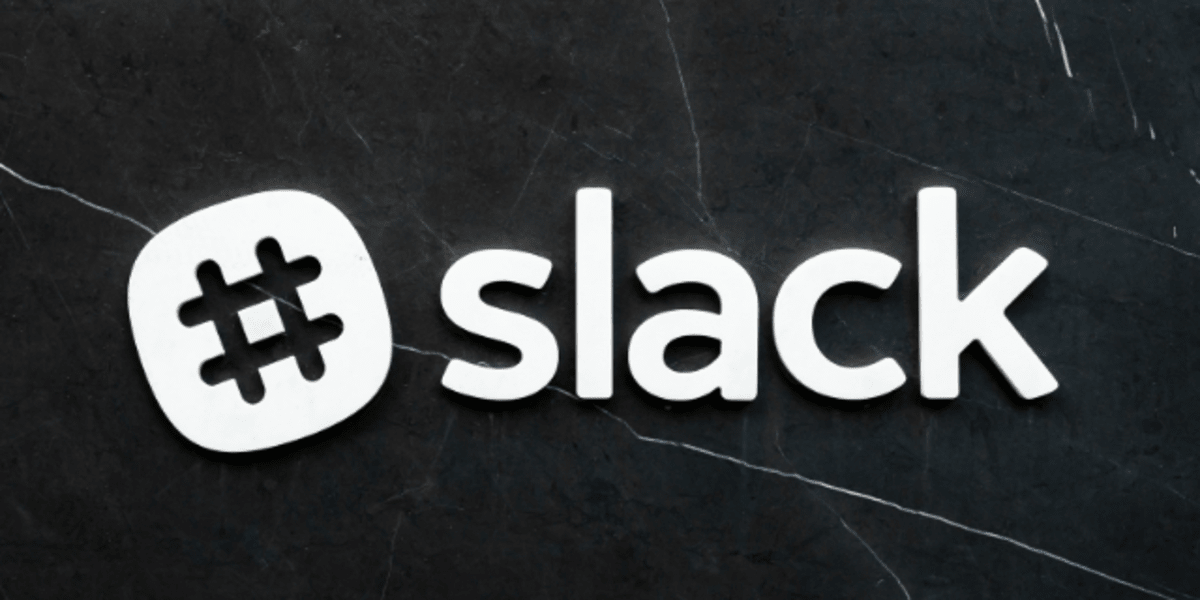Lessons all founders can learn from Slack’s famous second act
A blog collection about lessons all founders can learn, titled “Second Acts”, would be woefully incomplete without at least some mention of a company we all know and love: Tiny Speck. Or is it Glitch? Ah, no: today, they’re known as Slack.

Here’s the short story: Stewart Butterfield and his team at Tiny Speck spent four years building Glitch, a web-based massively multiplayer game that Butterfield now categorizes as a failure. During that time, the team was using IRC, a communication tool that was popular in the 1980s, to collaborate across time and space without the usual email inbox gymnastics.
By the end of 2012, Glitch looked successful on paper—they had tens of thousands of users—but Butterfield and his team were intent on building something bigger. They worked with their investors to allocate the remaining $5.5 million of their $17.5 million raise to a pivot.
Through using IRC, Tiny Speck learned that communicating with your team didn’t have to suck (and man, did navigating dozens of email threads and text messages really suck), and that they might be able to help other teams kill email, too.
Thus, Slack was born: a searchable company messaging solution that they started building at the end of 2012 and launched the private beta in August of 2013.
Now, eight years later, it reads like a Silicon Valley nursery rhyme (which don’t yet exist, but you can trust that I’ll be penning a collection soon), but in the thick of the decision to pivot, likely felt more like an unbearable suspense flick.
Butterfield and his team had to choose between investing the final 30% of their funding into the known (“we have a pretty good company, let’s just make it better!”) and the unknown (“we’ve stumbled upon this fairly universal pain point that we think we can solve; should we run the Hail Mary?”). Lucky for us, they chose the later, with all of its risks and uncertainties.
Here’s what lessons all founders can learn from Stewart Butterfield’s decision to pursue Slack rather than Glitch:
Lesson 1: Create a market for yourself.
Slack is famous for spending virtually no dollars on advertising and PR until several years after their successful launch.
Any entrepreneur reading that sentence probably just thought to themselves, “damn, that’s some serious product-market fit.”
The thing is, though, Stewart Butterfield attributes this success to the lack of a market to begin with. In his now-famous We Don’t Sell Saddles Here memo, Butterfield compares what they were trying to build to inventing horseback riding. Selling saddles doesn’t make sense if horseback riding as an innovation didn’t exist. Similarly, tools for internal communication wouldn’t make sense without first establishing internal communication as a category of software.
This mentality shaped every decision Slack made in the early days. Since they were defining a new market, they had to actually shape the market, not just the product. They sought to change human behavior, to transform organizations to be more efficient and effective. Instead of trying to create a stir in an existing, crowded market, they made their own.
Lesson 2: Choose your investors wisely.
Tiny Speck was able to pivot instead of doubling down on an average business because they had some autonomy over how they deployed capital.
Ok, “some autonomy” might be an understatement. To completely pivot a business—not just adjust strategy, but change the entire business model—with investor support is extremely difficult, and requires excellent investor relations.
By nature, venture funding invests in the business plan, not the makers. In Slack’s case, though, their investors took a bet on both.
The lessons all founders can learn here? Choose your investors wisely. Be sure they believe in the team, not just the business plan. Oh, and be sure you don’t sign away all your decision-making power.
Lesson 3: Lean on your team’s specific knowledge.
There are millions of good ideas out there just waiting to be picked. How do you know which idea is the right one for you to build better than anyone else?
In the case of a pivot like Slack’s, the question is actually: which idea is the right one for this team? Remember that you’re in an incredibly privileged position: you’ve worked with a team (well, hopefully) and understand each others’ strengths. Not only that, but you have a shared set of skills and specific knowledge.
Slack expertly used their team’s specific knowledge—as a gaming company, they were pros at making repetitive tasks fun and easy to accomplish with a slick interface—to choose their next big idea. Don’t miss the opportunity to start a few meters ahead of the competition.
And if that specific knowledge isn’t software development? Don’t worry, ours is—we got you.
Whether you’re looking for some temporary help or your next full time developer, let Gun.io help you find the right person for the job.
